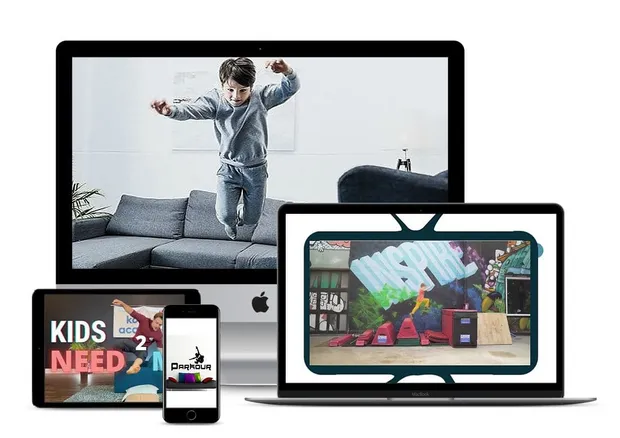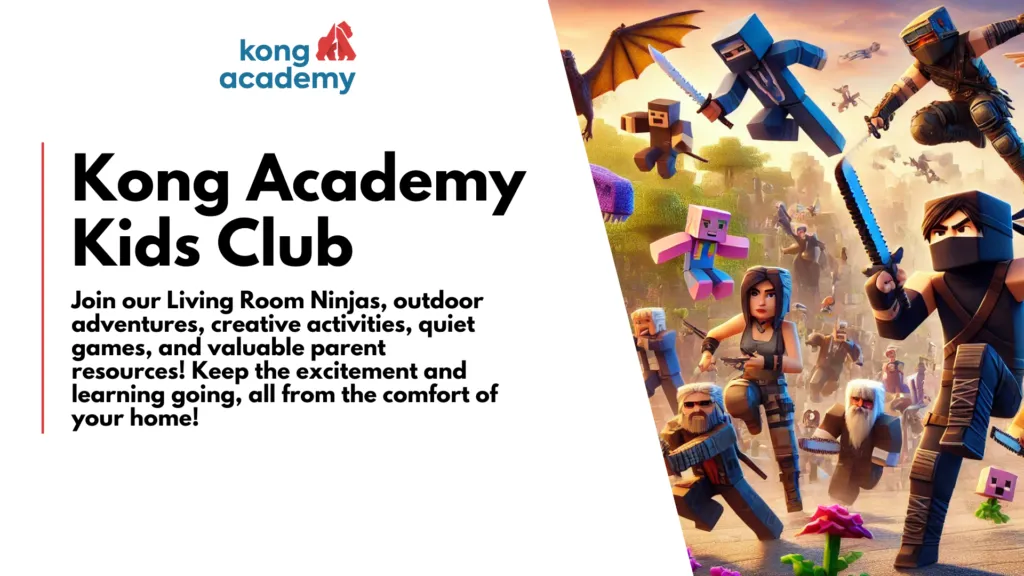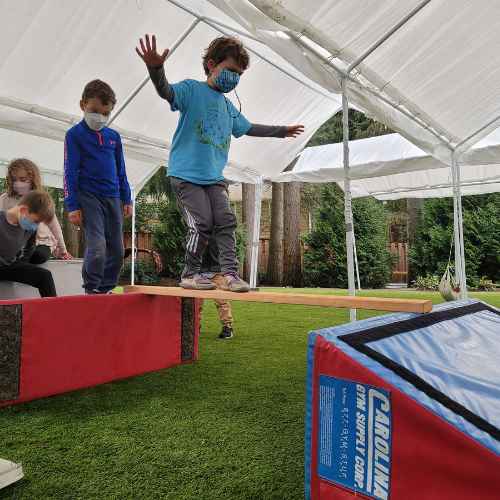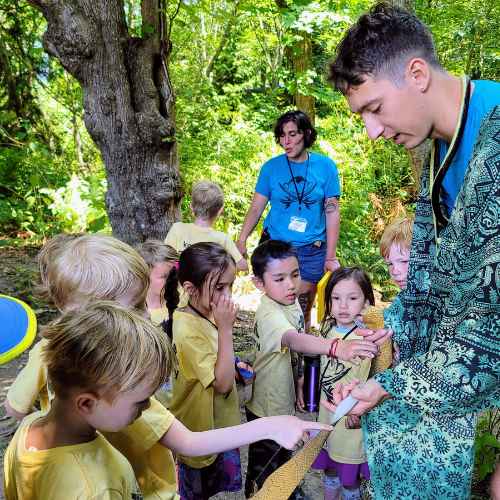
Teaching children to help others is one of the most valuable lessons they can learn. Encouraging them to engage in acts of kindness not only benefits those around them but also helps your kids develop essential life skills. Whether at home, school, or in their communities, helping others helps children build character, fosters empathy, and strengthens social connections.
When children help others, they reap the benefits of being generous and gain a strong sense of personal fulfillment. Helping others increases self-esteem and self-confidence. It contributes to those less fortunate or those who simply could use some youthful energy. Being helpful also feels good and can contribute to putting a smile on someone else’s face.
Why Teaching Kids To Help Others Matters
Knowing how to help others plays a role in a child’s overall development. It nurtures qualities that form the foundation for a compassionate, responsible, and well-rounded individual. Below are some key reasons why this lesson is so important.
Builds Character
When children help others, they begin to understand the importance of giving without expecting something in return. This simple yet profound action helps instill a sense of responsibility, trustworthiness, and integrity. Over time, these small acts of kindness create a child who feels compelled to do good, not because they will receive a reward, but because it’s the right thing to do.
This type of character development also teaches them the value of hard work and dedication, whether they are helping a sibling with their homework or volunteering in their community. Helping others reinforces the idea that making the world a better place requires action and selflessness. Getting in the habit encourages kids to continue helping others in the future.
Strengthens Social Bonds
Children who regularly help others tend to develop stronger and more meaningful relationships. Helping others is an excellent way kids learn the importance of cooperation, understanding, and compromise. By assisting their peers, family members, or even strangers, they create bonds based on mutual respect and kindness.
Helping others also teaches important social skills, such as effective communication and cooperation. These skills are critical as children grow and navigate the world around them. As they help, they learn that relationships are built on care and consideration, not just personal gain.
For example, when they help a friend with schoolwork or work together to clean up a shared space, children learn how to share responsibility. In return, these acts of kindness foster trust, loyalty, and a sense of belonging. These qualities enable them to form lasting friendships and maintain healthy, supportive relationships.
Develop Empathy
Empathy is the ability to understand and share how others are feeling. Teaching kids to help others is one of the most effective ways to foster empathy. When children see someone in need and take action to assist them, they begin to understand what it feels like to be in another person’s shoes.
This emotional connection helps them become more compassionate and better equipped to deal with the diverse emotions they encounter in life. Helping others nurtures a deep understanding of human emotions and strengthens your child’s ability to relate to others with kindness and compassion.
For instance, while helping a classmate who is struggling with homework or assisting an elderly neighbor with groceries they begin to develop an awareness of how different people may feel. These experiences build a strong emotional foundation that children can apply throughout their lives, as they are able to respond to others’ needs with kindness and understanding.
Ways Children Can Help Others
There are many ways to engage your children in acts of kindness. From small daily tasks at home to larger community service projects, each act of help provides valuable opportunities to grow as helpers.
Helping Out at Home
Learning how to help others starts in the households. Helping out at home is a simple and effective way kids can start developing helping skills. Doing chores, assisting with laundry, or putting away groceries are small tasks that contribute to the smooth functioning of the household while teaching children responsibility. These acts show the importance of teamwork and make children feel like they’re contributing to the family’s well-being.
Older children can help by offering to assist siblings with homework or helping clean up after meals. Encouraging kids to take ownership of certain tasks, such as setting the table or folding towels, instills a sense of pride in their contributions. It teaches children that being part of a family means sharing responsibilities and working together for the common good.
Helping Friends at School
School is a place where children have the opportunity to help their peers in various ways. Children can assist their friends by sharing school supplies, offering to help them with assignments, or simply by including everyone in group activities. Whether it’s inviting a classmate to join in a game or helping them understand a difficult lesson, these small gestures go a long way in building friendships and creating an inclusive, supportive environment.
Helping friends also encourages children to become more considerate and cooperative. For example, if a friend is struggling to solve a math problem, a child can offer support and guidance. These acts of kindness promote collaboration and make children more aware of the emotions and needs of others. By helping their peers, children learn that their actions can directly affect someone else’s happiness and success, fostering a sense of shared achievement.
Helping the Environment
Teaching children to care for their environment is a powerful way to instill a sense of responsibility for the world around them. Simple actions like picking up litter at a local park or planting a tree or garden can help children understand the impact they have on the environment. These activities also provide an opportunity to learn about sustainability and the importance of preserving natural resources.
Helping the environment doesn’t have to be limited to physical activities like gardening or cleaning. Children can also help by spreading awareness about recycling, reducing waste, or conserving water. These lessons teach them that the world belongs to everyone, and we all have a role in taking care of it. It is an excellent way to develop a sense of community and recognize that their actions can contribute to a larger cause.
Helping Out the Community
Getting involved in the community is another great way to learn the value of helping others. Donating toys, clothing, or food to those in need is a simple way to contribute. Volunteering at a food bank, helping to pack boxes, or assisting at a local shelter teaches children the importance of giving back. These experiences often give children a deeper understanding of the challenges others face, making them more compassionate and aware of the world around them.
You can also take your kids to visit local senior homes where they can provide companionship to elderly individuals who may feel isolated. These small acts of kindness not only benefit the recipients but also teach children about respect for people of all ages and the value of building intergenerational relationships.
Activities To Develop Helping Skills
There are numerous activities that you can arrange to help children develop their helping skills. Here are a few ideas to instill these behavioral skills:
Team Challenges
Team challenges, such as building a puzzle or crafting a project together, are a great way to promote cooperation and communication. They encourage children to work together, problem-solve, and share ideas. The sense of accomplishment that comes from completing a challenge as a group helps children recognize the importance of working towards common goals and supporting one another.
Buddy Systems
A buddy system is a wonderful way for older children to help younger ones. Whether it’s guiding a younger sibling through a homework assignment or assisting a peer with a school project, buddy systems allow children to practice leadership and mentorship. Helping others teaches children to display patience, kindness. They develop the ability to explain things clearly and grasp the importance of offering support to those in need.
Cooking or Baking
Involving children in cooking or baking projects is not only fun but also teaches valuable life skills. Whether it’s preparing a meal for the family or baking treats to share with neighbors, these activities provide children with an opportunity to contribute in a tangible way. Cooking and baking teaches them how to follow instructions, work as part of a team, and offer a helping hand to others in a meaningful and practical way.
Role-Playing Games
Role-playing games allow children to step into different scenarios and practice helping others. For example, they might role-play as doctors helping a patient, or teachers assisting a student with learning. The imaginative activities teach children to think critically about the needs of others, how to respond appropriately, and how to offer support in various situations. Role-playing is an engaging and interactive way for children to develop empathy and problem-solving skills.
Teaching children helping others is not just about the act itself; it’s about fostering values that will shape their future interactions and relationships. Whether at home, school, or in the community, children who help others develop important social, behavioral, and community skills that last a lifetime. By offering opportunities to engage in acts of kindness and teaching them the value of empathy and cooperation, you’re helping your kids build a strong foundation for a compassionate and responsible life.
If you’re looking for more ways to encourage your child, explore additional activities and resources that focus on fostering empathy, kindness, and a sense of community visit Kong Academy. The more children practice these values, the more they’ll grow into thoughtful, caring individuals who make the world a better place.
At Kong Academy, we specialize in programs designed to empower kids with the tools they need to grow emotionally and socially. Visit Kong Academy today and take the first step in building a brighter, emotionally balanced future for your child!
GET Access to the ULTIMATE PLAY DATE PACKAGE (Value: $49) for FREE!


7-Day Crystal Shard Adventure
Unleash your child’s potential with our 7-day crystal shard movement adventure!




